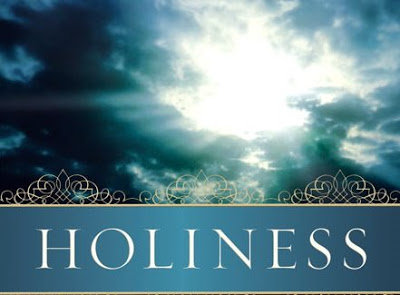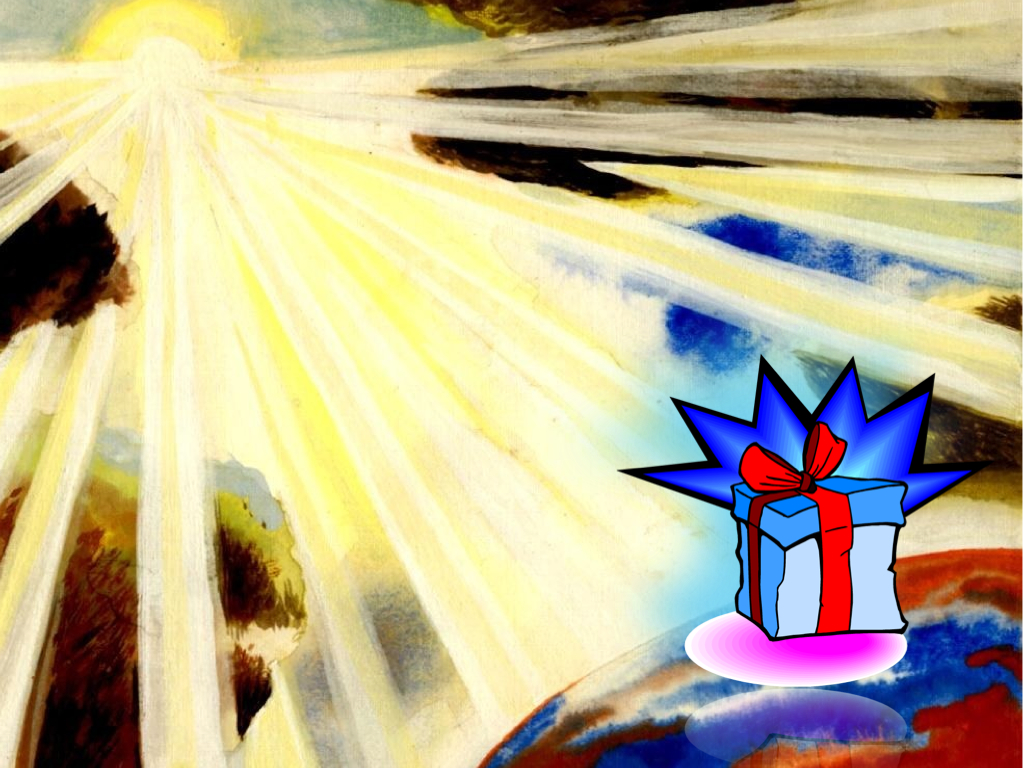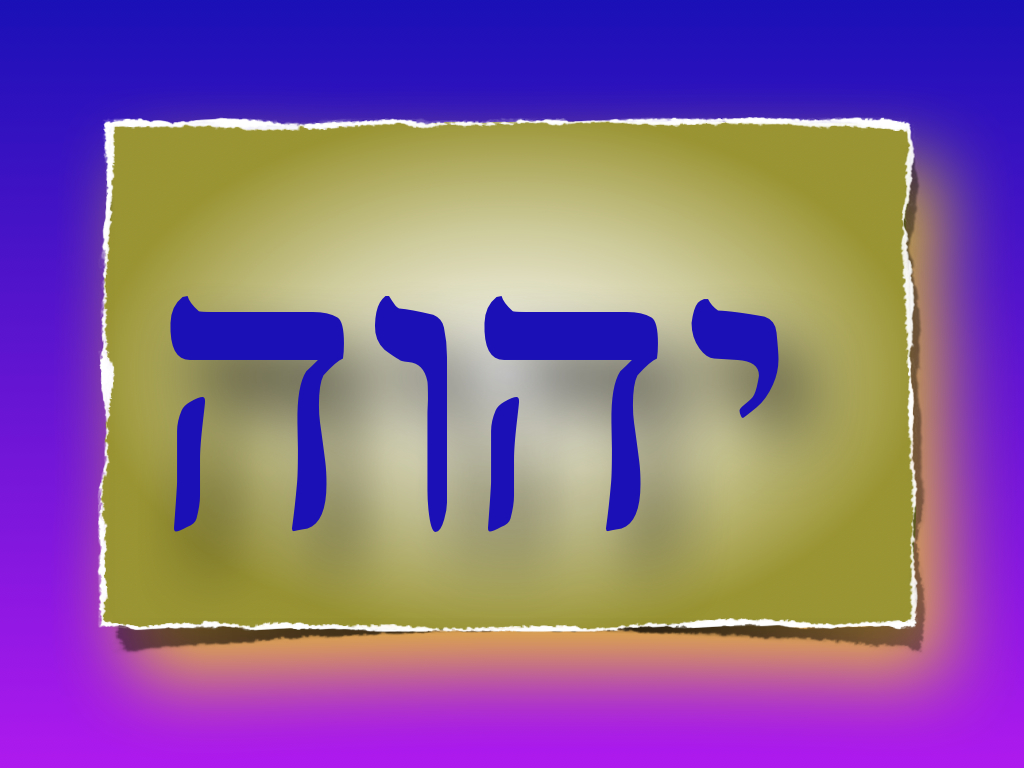For about 12 years I’ve been holding back sharing this information. Now is the time to let it out. By doing so, I’m running the risk of turning people away from reading this blog and maybe even losing some friends over it. But I don’t care. I don’t care about the praises of men, I don’t take their money, and I’m not trying to get a following and I have nothing to sell. I care about only two things: the Truth and pleasing Elohim. If you’re on board with this, then read on. If not, now is your time to bail out…blessings!
I also encourage anyone who reads this article to also read the comments section that is attached to this article. In it, readers ask questions or make comments which I then address in attempts to add (hopefully) more clarity with respect to my understanding of the nature of the Godhead.
— Natan

The Simplicity of Truth
Why do humans like to make things complicated? To the contrary, Yeshua said that unless one becomes like a little child that one would in now way enter the kingdom of heaven, for of such is the kingdom of Elohim (Mark 10:15; Luke 18:16–17). There are many valuables insights that we can away from this terse passage, but one of them is this: The basic message of the Bible is so simple that even a child can understand it.
So what does this have to with the gender of the Holy or Set-Apart Spirit? Simply this. A basic understanding of who Elohim is should not be complicated. Let the Bible speak for itself. On the other hand, be wary of complicated philosophical theologies of men who take simple things and make them complicated. Such will likely not fall under the Yeshua rubric of a child being able to understand it.
It seems that theologians often invent complicated explanations as a way to justify their ivory-tower, super-spiritual and self-righteous existence. Those who want to become initiated into their academic inner circle country clubs and to receive their pieces of paper which confer upon the initiated titles that engender superciliousness must pay exorbitant fees and be willing to bow before and to kiss the feet (and other parts of the anatomy in the nether regions) the false gods of intellectual pride.
Now I’m not averse to academic training. I have paid my dues and run the gauntlet of five institutions of higher learned at home and abroad and have earned my papered credentials, and can view it all objectively. The fact is that there were only several formerly trained academicians in Scripture, and none of this got the recipients any closer to Elohim. In fact, Paul, the most learned of all, referred to his academic training as dung (Phil 3:8). Facts are facts and are stubborn things that are hard to ignore.
So now back to the subject at hand. What does all of this have to do with the gender of the Elohim’s Spirit? Much in every way. Read the Bible and let the facts speak for themselves. If the theologies of men line up with the Word of Elohim, then keep them. It not, toss them into the garbage can labeled “vanity of vanities and the traditions of men by which the Word of Elohim is made of none effect” (Mark 7:9, 13). Elohim, the Truth and one person still make a majority regardless of how many theologians, academicians, popes, “rabbis”, pastors, Bible teachers, lay people, churches or denominations say otherwise.
And now on to our subject of the gender of the Spirit of Elohim. If you are a truth seeker at all costs and willing to let Scripture speak for itself, then read on. If not, then change the channel now.
The Dishonesty of the Bible Translators
There are several examples in the New Testament where the Bible translators have read their own biases into the Scriptures and mistranslated the gender of the Holy Spirit.
Acts 8:16, Romans 8:16, 26–27 and 1 Corinthians 12:11 are examples of this. Here the translators refer to the Spirit in the masculine gender when the word Spirit, which is the antecedent, is the Greek word, which pneuma, is a noun in the neuter gender. To be honest, the translators should have said it instead of he. There is no grammatical justification for this mistranslation. This is biased translating to substantiate the idea that the gender of the Spirit of Elohim is male when the Scriptures do not say this.
So Is the Holy or Set-Apart Spirit Masculine or Feminine?
In the Christian doctrine of the trinity, the Father, the Son and the Set-Apart Spirit are said to be all masculine in gender. Is this a biblical way to view the “Godhead” or is this simply a tradition of man that has been passed on down for so long that now no one dares question it? What is the biblical truth on this matter? Are the Father, Son and Spirit all masculine Beings?
One thing we know from the Bible is that the Father is a father and is masculine. Likewise, the Son is the also masculine. What about the Set-Apart Spirit? Masculine or feminine? Who are we going to listen? Men’s traditions or the Bible? Hold that thought; we will come back to this later.
In Genesis 1:27 we find an interesting verse.
So Elohim created man in his own image, in the image of Elohim created he him; male and female created he them. (See also Gen 5:1–2.)
From this passage, we find that Elohim (plural) has both male and female components. We know that the Father and the Son aren’t female, so what’s left? Obviously by process of elimination and through logical deduction all that we have left is the Holy or the Set-Apart Spirit of Elohim. The femininity of the Spirit is substantiated by the fact that the Hebrew word for spirit (ruach) is in the feminine gender. This is interesting!
Does the Bible anywhere ascribe a masculine gender to the Spirit of Elohim? Well, sort of, but not in the Hebrew Scriptures (Old Testament). This is to be found in the Greek New Testament in only four places.
In Yeshua’s final instructions to his disciples before he went to the cross, he promised to send the Spirit of Elohim whom he referred to in four places as “the Comforter” or “Helper” (John 14:16, 26; 15:26; 16:7). In Greek, the word of Comforter is paracletos, which in Koine Greek is in the masculine gender. On the other hand, the Greek word for spirit in reference to the Holy or Set-Apart Spirit is pneuma, which is in the neuter gender. The word pneuma in reference to the Set-Apart Spirit is to be found in the Greek New Testament more than 200 times.
So, based on the evidence found in the Scriptures, we have verses that can be used to prove that the Spirit of Elohim is a he, she and an it. The Tanakh (or Old Testament) indicates that the Elohim has a female component and Spirit as in the Spirit of Elohim is in the female gender. On the other hand, the Greek New Testament, which often proceeds from or comes out of the revelation of the Hebrew Tanakh and, in some cases, is a translation of passages therefrom, refers to the Spirit by both the masculine and neuter genders. When translating the Greek New Testament, the Christian translators were faced with a dilemma. They could take the neuter word pneuma and follow the Hebrew gender of the word ruach and refer to the Spirit by the pronouns she and her, but this wouldn’t be a proper translation of the neuter gender Greek word pneuma. The pronouns relating to this word would be it or its. The other option for the translators was to land on the Greek word paracletos, which is in the masculine gender, and refer to the Spirit as he or him. It seems that this is what they did, even though the preponderance of biblical evidence shows us that the Spirit of Elohim is neither in masculine nor the neuter gender, which leaves us with only one option: the feminine gender.
In fact, Christian Bible translators have been so intent on forcing the concept of a masculine Spirit, thus upholding the cherished all male trinity doctrine, that in at least three places (discussed below), they use the male pronoun he when referring to the neuter word pneuma. In these instances, to be honest to they should they should have used the pronoun it. This is dishonest translating, which upholds a non-biblical tradition of men!








